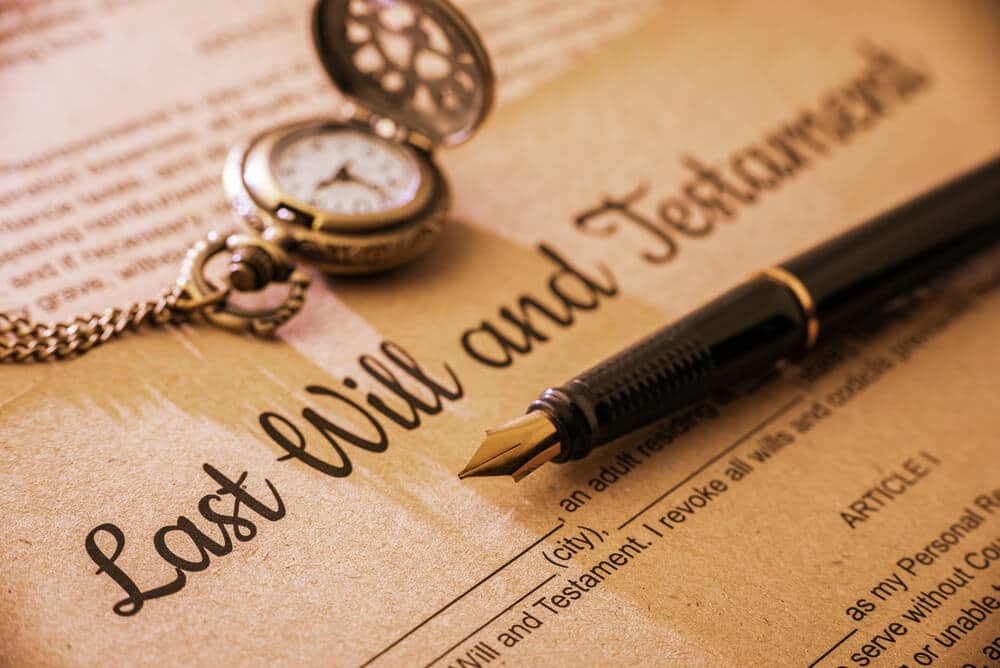Getting ready to pass on is an eye-opening and sometimes sad experience for yourself and the whole family. However, planning for your family’s future is essential so things go smoothly for them in handling your last affairs when it is your time to leave the Earth. Let’s discuss how to choose an executor of an estate.
Learn more about estate planning and how to choose the best person for the job to execute it.
Engage in Estate Planning

Before you can choose an executor of an estate, you must engage in estate planning to have your properties and belongings allocated legally before your passing. Many elements are involved in estate planning, which means deciding future arrangements for what you will leave behind after you pass away.
CJB Law has extensive years of experience in estate planning for their clients including writing the last will or living trusts, generating codicils, and helping to decide a power of attorney. These documents will decide who becomes your children’s guardians, and the method and time in which beneficiaries are given an inheritance from you amongst other decisions.
What Happens If You Do Not Have an Estate Plan?
If you do not have an estate plan, then the state in which you reside at the time of your death will have to decide who receives your last assets and belongings. State involvement can muddle things for your family members, causing disagreement and strife. Hence, it is best to have estate arrangements finalized before you anticipate passing on.
Key Tips for Selecting the Best Executor of an Estate
While a power of attorney handles your affairs while you are alive, an executor of an estate implements what is in your will after you die. Minnesota’s only mandate is that the appointed individual must be aged 18 or older with the mental capacity to handle the tasks.
While some individuals may believe they need experience with probate to be named an executor of an estate, that is not the case! Here are some tips to help you to choose the best executor, whether amongst family members or close friends.
- Be sure that the executor is young enough to be able to survive carrying out what is in your will. Have a primary executor chosen, but have backup choices as well in case the main individual asses on or otherwise becomes unable to carry out these duties.
- Consider a family member or trusted friend that lives closer to you in proximity than someone states away. They may have to be physically present at court hearings, which can be an issue transportation-wise if the selected executor lives hours away.
- Remember to find someone objective enough to handle the estate loan tasks. Choosing a biased person can be a dire downfall of the family after your passing.
- Does the person you are choosing have a level head about finances? If so, they can handle your last debts, inheritance payouts, and other final financial responsibilities without bias.
What If I Do Not Have an Alternate Executor?
Depending on the probate court’s decision, an alternate executor may be named within or outside of the family if there is not one listed in your will. In this case, someone you do not trust may become responsible for handling your last affairs. Hence, having at least two alternate executors listed in your estate plan will reassure that your last wills are executed via a trusted individual should your primary person be unable to do so.
Choose an Executor of Your Estate Today

If you need assistance choosing an executor of state, contact CJB Law today to connect with one of our skilled attorneys. You can discuss your potential options to narrow down your primary and alternate executors to finalize your estate plan.

